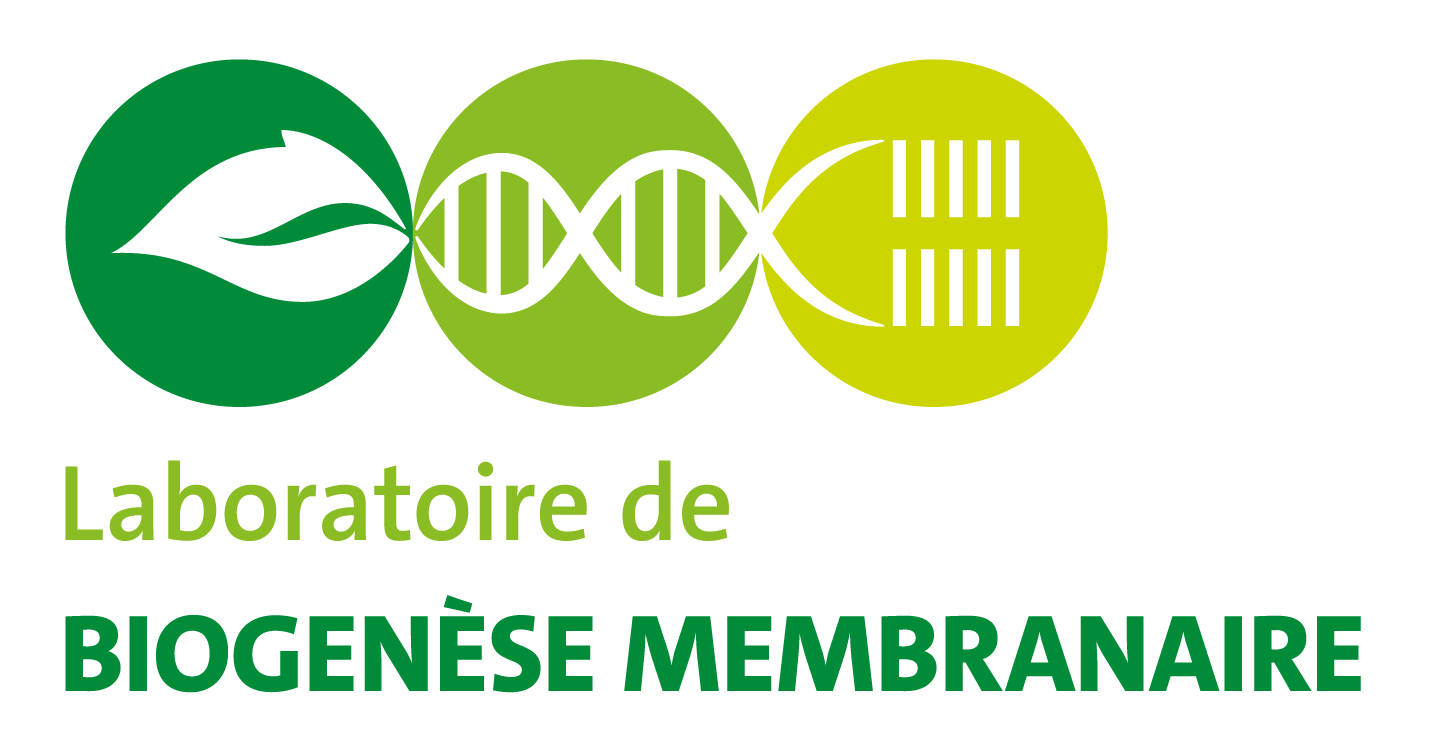Antiphospholipid antibodies in serum from patients with Guillain-Barré syndrome
Résumé
Objective
The Guillain-Barré syndrome (GBS) is an acute inflammatory polyneuropathy related to autoimmunity. However, no conclusive etiological concept has yet been found. We examined the variation in autoantibodies to lipids in serum of GBS patients in response to the course of the disease but investigated titer modifications during treatment with γ-globulin.
Design and setting
Prospective clinical study in a 14-bed general ICU.
Patients
Nine patients with GBS and nine controls were included in the study.
Measurements and results
Four blood samples were obtained before and after treatment. Serum samples, diluted 1:60, were tested by enzyme-linked immunosorbent assay for IgM, IgA, and IgG antibodies to phosphatidylcholine, phosphatidylinositol, cardiolipin, phosphatidic acid, phosphatidylserine, phosphatidylglycerol, phosphatidylethanolamine, sphingomyelin, and gangliosides. Anti-phospholipid antibodies of the IgM, IgA, and IgG families were detected in all GBS patients but in none of the controls. Phosphatidylinositol, cardiolipin, phosphatidylcholine, and phosphatidic acid were the main antigens. All patients developed anti-phosphatidylinositol antibodies of the IgM family and anti-cardiolipin antibodies of the IgA and IgG families. A decrease in the level of anti-phospholipid autoantibodies was observed after 1 day of treatment with γ-globulin. Two days after ending γ-globulin administration the IgG antibodies increased again.
Conclusions
Our findings suggest that in GBS there is an extensive immune reaction, which is altered after γ-globulin treatment. Anti-cardiolipin and anti-phosphatidylinositol antibodies could be useful markers for the response to treatment.
| Origine | Fichiers produits par l'(les) auteur(s) |
|---|

